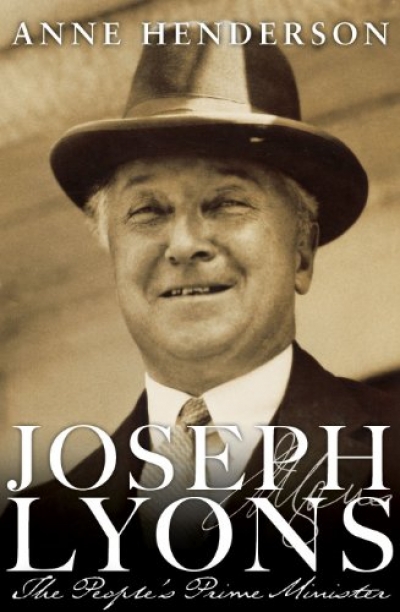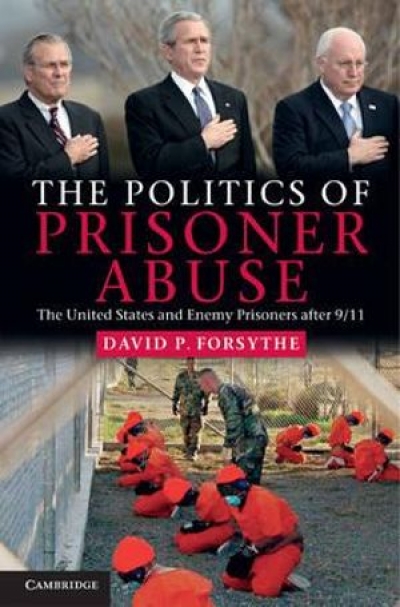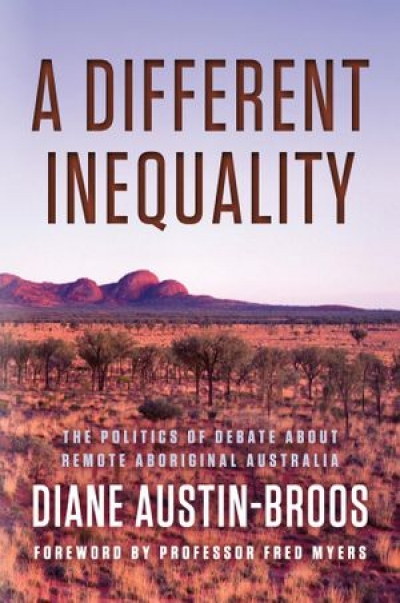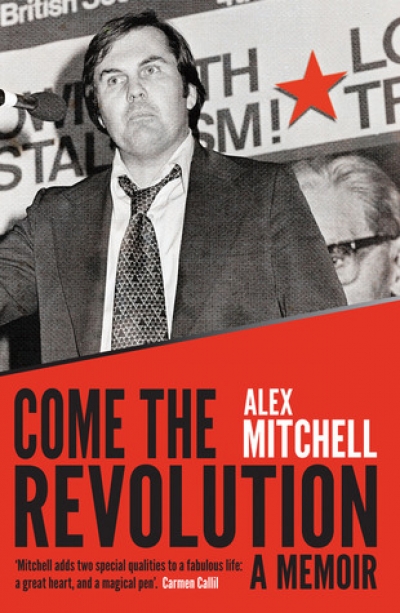Politics
Joseph Lyons: The People’s Prime Minister by Anne Henderson
This book is long overdue. It is eighty years since affable Joseph Lyons, often depicted by cartoonists as a koala, was elected as Australia’s tenth prime minister. He would be re-elected twice before dying in office in April 1939. During his seven years as prime minister, Lyons had to grapple with the Depression ...
... (read more)Why Leaders Lie: The Truth about Lying in International Politics by John Mearsheimer
Politics is a demanding profession that calls for skills of leadership and oratory, as well as management, analysis, and even theatre. Asking a politician to be truthful as well may be looking a gift-horse in the mouth. But we do. Misleading parliament by being ‘untruthful’ (‘lying’ is so reprehensible that it is unparliamentary to accuse a member of it) is a serious offence. In the US presidential system, where the executive is independent of the legislature and the head of government is also head of state, the great deterrent to lying is the authority that Congress has to censure and expel its members and to impeach officials, including the president.
... (read more)A current view among foreign policy academics is that the pursuit of Australia’s foreign interests is too important to be left to the diplomats. Here is a timely antidote from Philip Flood, an Australian diplomat who distinguished himself as a maker and shaper of foreign policy, particularly in South-East Asia.'
... (read more)Into the Woods: The Battle for Tasmania’s Forests by Anna Krien
On the day that I finished reading Into the Woods, I opened the newspaper to a report that Gunns was withdrawing from native forest logging to base its future business entirely on plantation-grown timber. Given that Gunns controls almost eighty-five per cent of the wood products traded in Tasmania, this has raised hopes of an end to the decades-old forest w ...
The Politics of Prisoner Abuse: The United States and Enemy Prisoners after 9/11 by David P. Forsythe
Many of us would find it as hard as Shaw’s Ladvenu does to think of any good reason for torture. It seems medieval, it is abhorrent, it is internationally illegal, and it doesn’t work. Statements made under torture are legally useless, and their value as intelligence is not much better ...
... (read more)A Different Inequality: The politics of debate about remote Aboriginal Australia by Diane Austin-Broos
Many Australians are hungry for answers to Indigenous disadvantage. In recent years, anthropologists have been among those who have proposed solutions. This latest offering is from Diane Austin-Broos, professor emerita at the University of Sydney and long-time ethnographer of the ...
... (read more)David Karoly reviews 'The Garnaut Review 2011: Australia in the Global Response to Climate Change' by Ross Garnaut
Climate change is often framed as a number of battles: between science and opinion, sustainable development and economic growth, government control and individual freedom, or environmentalists and business leaders. All of these are simplifications of the complexity involved in our modern world’s developing adequate responses to human-caused climate change.
... (read more)Liberty: A History of Civil Liberties in Australia by James Waghorne and Stuart Macintyre
In 1988 the Hawke government put a constitutional amendment to a referendum. On the recommendation of the government’s Constitution Commission, we were invited to vote to enshrine guarantees of trial by jury, property rights, and freedom of religion. The proposition was rejected by all states. There is nothing surprising in that. We almost always do vote against constitutional amendment because the politicians of the right have always succeeded in persuading us that the original document (a free trade agreement between the federating colonies) is perfect and, in any case, any proposal for change is a left-wing plot to deprive her majesty’s loyal subjects of their common law freedoms.
... (read more)Labour and the Politics of Empire: Britain and Australia 1900 to the Present by Neville Kirk
In 1902 the New Zealander William Pember Reeves published a pioneering study of social innovations in Australia and New Zealand. He wrote it, he said, for the ‘increasing number of students in England, on the Continent, and in America who are sincerely interested in them’ ...
... (read more)In 1963, ASIO opened a file on a disreputable fellow named Laurie Oakes, who was then living with Alex Mitchell, another Daily Mirror reporter. The two men came to the spooks’ attention when Mitchell suggested hiding unionist Pat Mackie from the police ...
... (read more)








